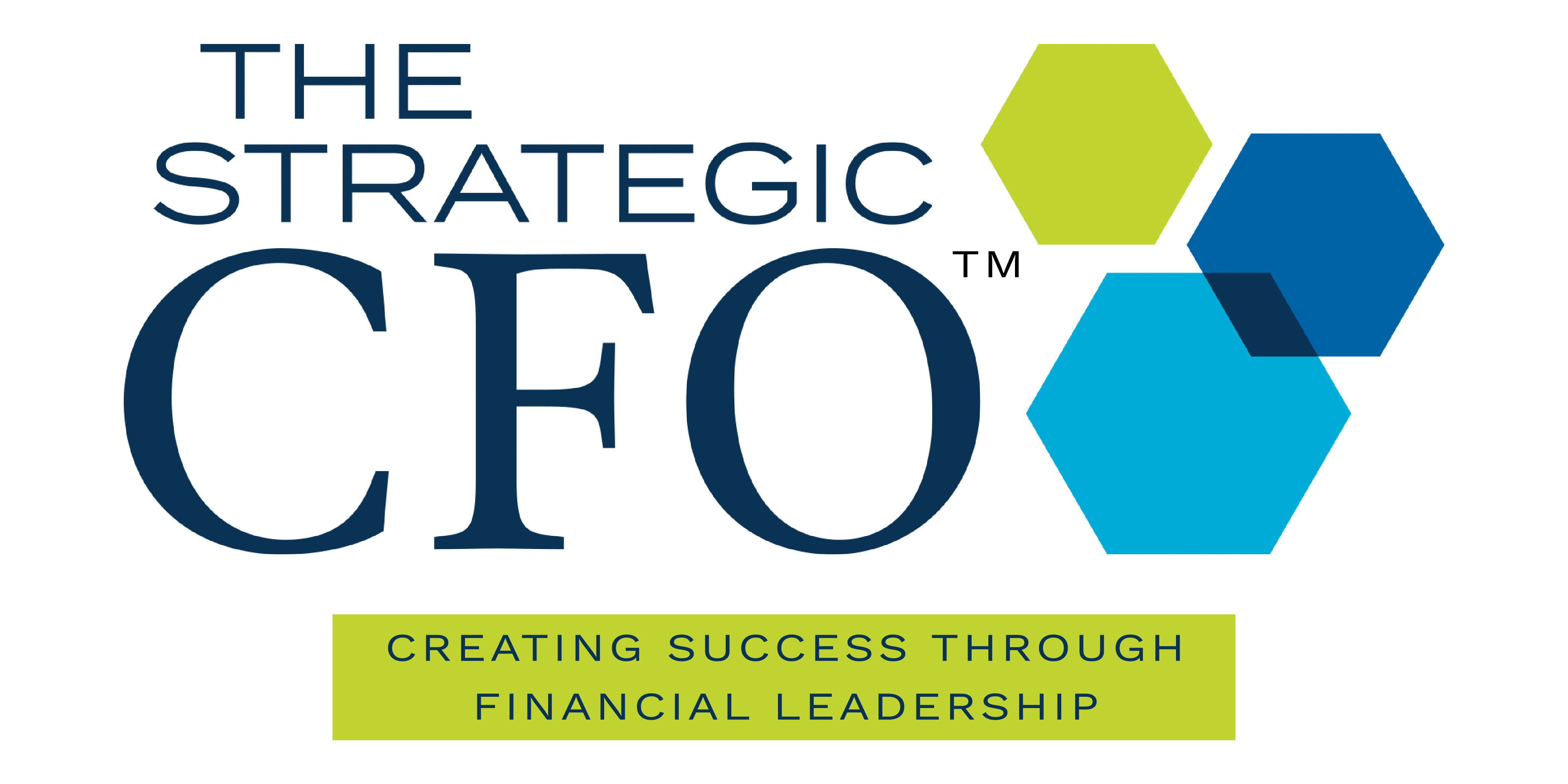What Makes a Successful Budget
Before we go forward, a bad budget is not the fault of the CFO, controller or anyone else in the accounting department. Instead, it’s a cultural problem in the organization. Some issues that are probably already part of the corporate culture but many times ignored include:
- Lack of vision
- Lack of accountability
- Lack of communication
Successful companies that have a successful budgeting process and incorporate leadership are both disciplined and enforce accountability.
Budgeting Statistics
Here are some budgeting statistics that should wake you up.
1 out of every 5 budget processes are flawed.
Over 87% of executives surveyed say they are dissatisfied with their current budgeting or planning process.
According to the Balance Scorecard Collaborative, 9 out of 10 companies failed to execute their strategies regarding how well companies achieve their vision.
There are 4 barriers that cause companies to fail to implement their business strategies.
- There’s the people barrier. Only 25% of managers have incentives linked to the company.
- There a vision barrier. Only 5% of employees understand the overall strategy.
- Then there’s the management barrier. Nearly 85% of executive teams spend less than one hour per month discussing strategy. If you spend upwards of 200+ hours budgeting, then wouldn’t you expect your team to spend more than one hour a month.
- Finally, there’s a resource barrier. Approximately 60% of organizations do not link their budgets to their strategy.
How do you know if your budget system is effective?
You know if your budgeting system is effective if you experience any of the following:
- Managers feel in control
- Employees are inspired to take action
- The budget becomes a tool to define critical success factors
- The budget becomes a communication system in planning for profitability
- Progress is easily measured
- Smarter decisions are made
- The budget is used to evaluate employees’ performance
- The budget process incorporates no more than 3 iterations
What Makes a Successful Budget
Start the budget process 6 months before year-end. If you haven’t started yet, it’s okay. You want to create a good budget, not a rushed budget. Then establish target dates for deliverables. Finally, establish who is accountable for what. Have the budget line items match the general ledger accounts as much as possible. This does not mean thousands of line items. This makes monthly reporting easier.
Budget Iterations
What about budget iterations? Many companies have dozens of budget iterations, but no one has time for that. Therefore, there should only be 3 iterations of your budget.
- The first draft budget is presented to management.
- Then the second budget draft is presented to management incorporating changes after first draft.
- Finally, the final budget is presented to the Board.
Allow people to take action, make decisions, and to do the right things.
Remember, budgets attempt to describe the potential of the business. Since the future of the business changes, this makes writing an accurate budget almost impossible. Some things are beyond your control, so why not control the factors you can?
What a budget represents are these two bedrocks of success: a target and a way to measure your progress.

